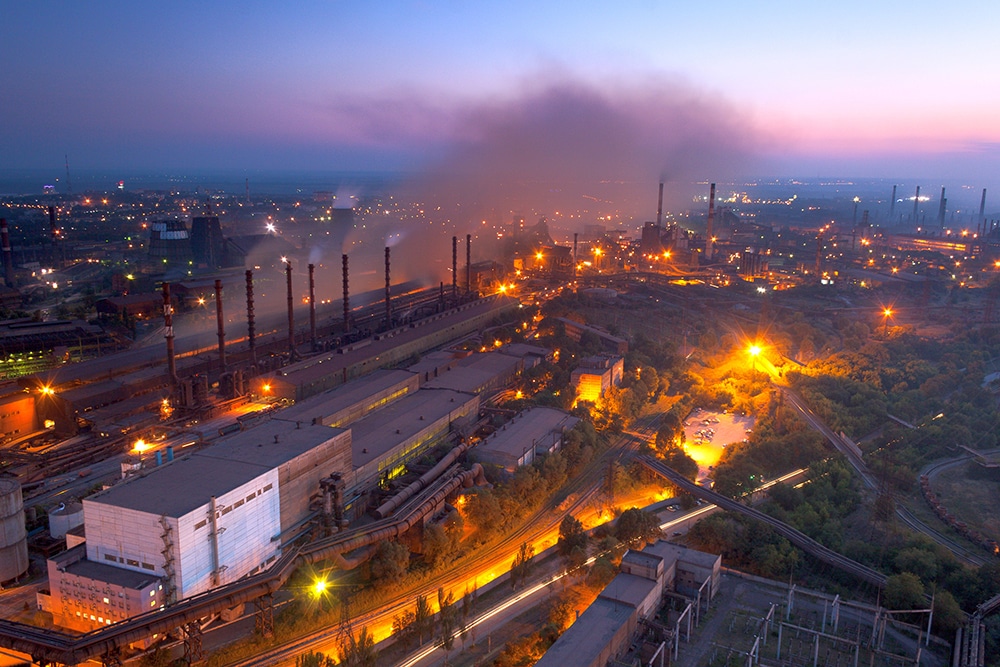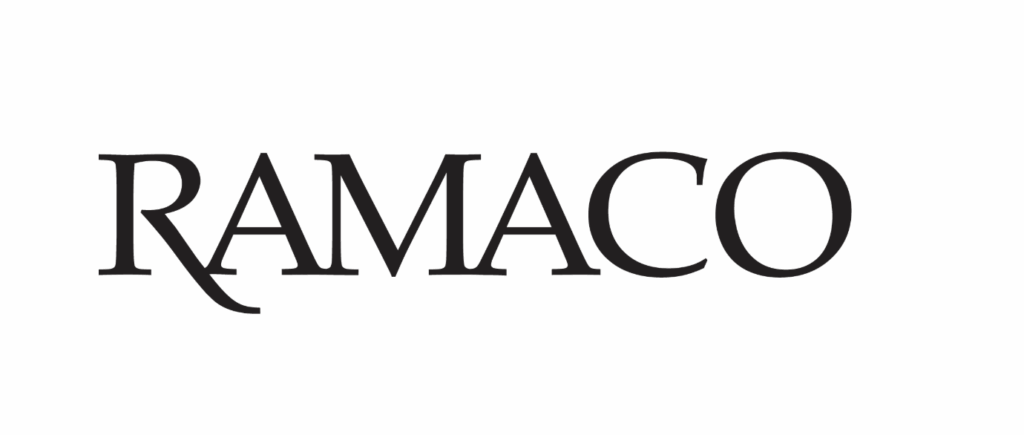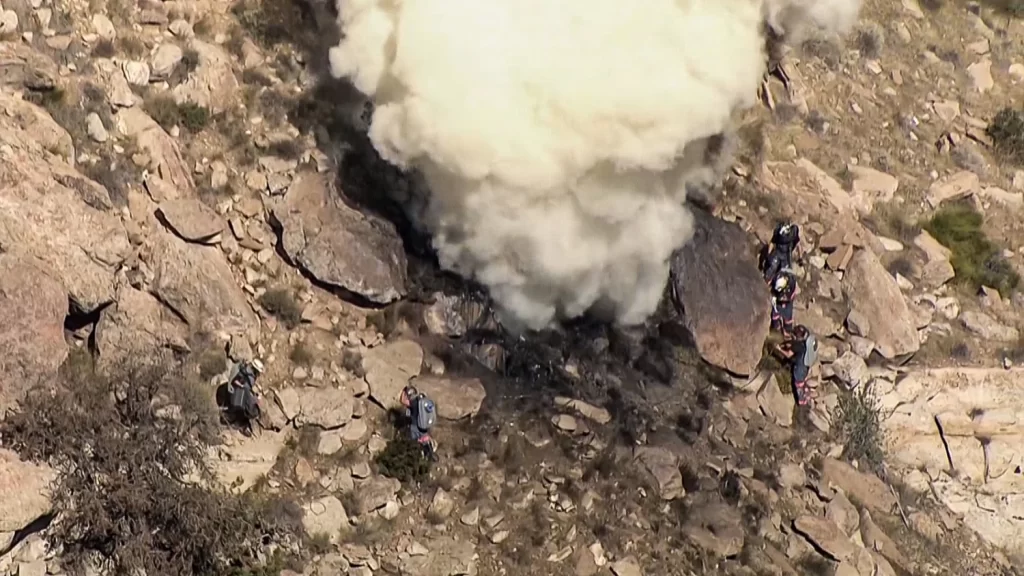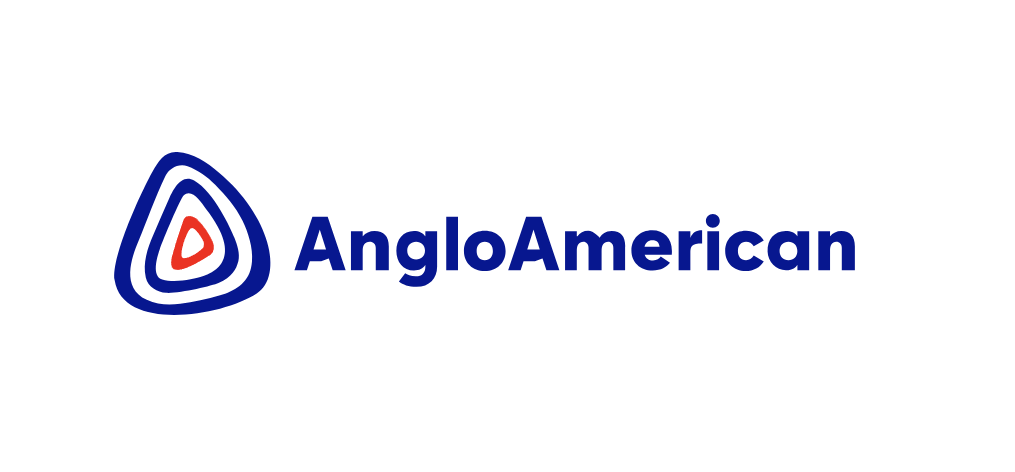The Russian military’s recent capture of two villages near Pokrovsk, a vital coking coal hub in eastern Ukraine, has escalated concerns for the country’s steel industry. As Russian forces continue their months-long campaign against this key logistics and industrial region, Metinvest, Ukraine’s largest steel producer and the controlling stakeholder of the Pokrovsk coking coal mine, is preparing for the possibility of significant disruption to its operations.
Despite the escalating conflict, Metinvest remains confident in the ability of the Ukrainian Armed Forces to defend the region. However, the company has acknowledged the potential need to import coking coal from the United States if the mine falls into Russian hands.
“The Pokrovsk mine is operational and located to the west of the town, near the Dnipropetrovsk region border and the current front line,” Metinvest told Argus. “We firmly believe that Ukraine’s defence forces will defend Pokrovsk and halt any Russian advances.”
Metinvest has already begun evacuating the families of its workers, particularly those with children, and is providing them with accommodation. Workers are being encouraged to relocate to safer areas, with the company shifting operations to a rotation basis to ensure continued production under safer conditions. Shelling has reportedly struck the village in Pokrovsk where many of the miners reside, according to sources close to the company.
The Pokrovsk mine is Ukraine’s largest coking coal source, having produced 1.2 million tons in the first half of 2024. A new longwall, launched by Metinvest in March, added nearly 1 million tons of coking coal reserves. This mine is a critical pillar of Ukraine’s steel production, which has long relied on domestic coal.
However, should the Pokrovsk mine come under Russian control, Metinvest is readying alternative supply chains, including sourcing coking coal from its operations in the U.S. This plan would not be without challenges. “Importing coal would increase production costs, and with higher costs, we may have to reduce production or exit some markets,” said Metinvest. “This would have repercussions not only for steelmaking but also for our mining and processing operations, subcontractors, and Ukraine’s economy as a whole.”
The Coal Trader’s Read – Although on the surface this apears to be short term bearish for global metallurgical coal markets, just the shift from domestic supply to more seaborne coal and coke imports alone is positive for broader markets. Increased hard coking coal imports from Metinvest’s US operations and potential coke imports (possibly from China or Indonesia) would serve to soak up a chunk of seaborne supply, and perhaps keep markets a bit tighter in 2025 than they otherwise would be.









